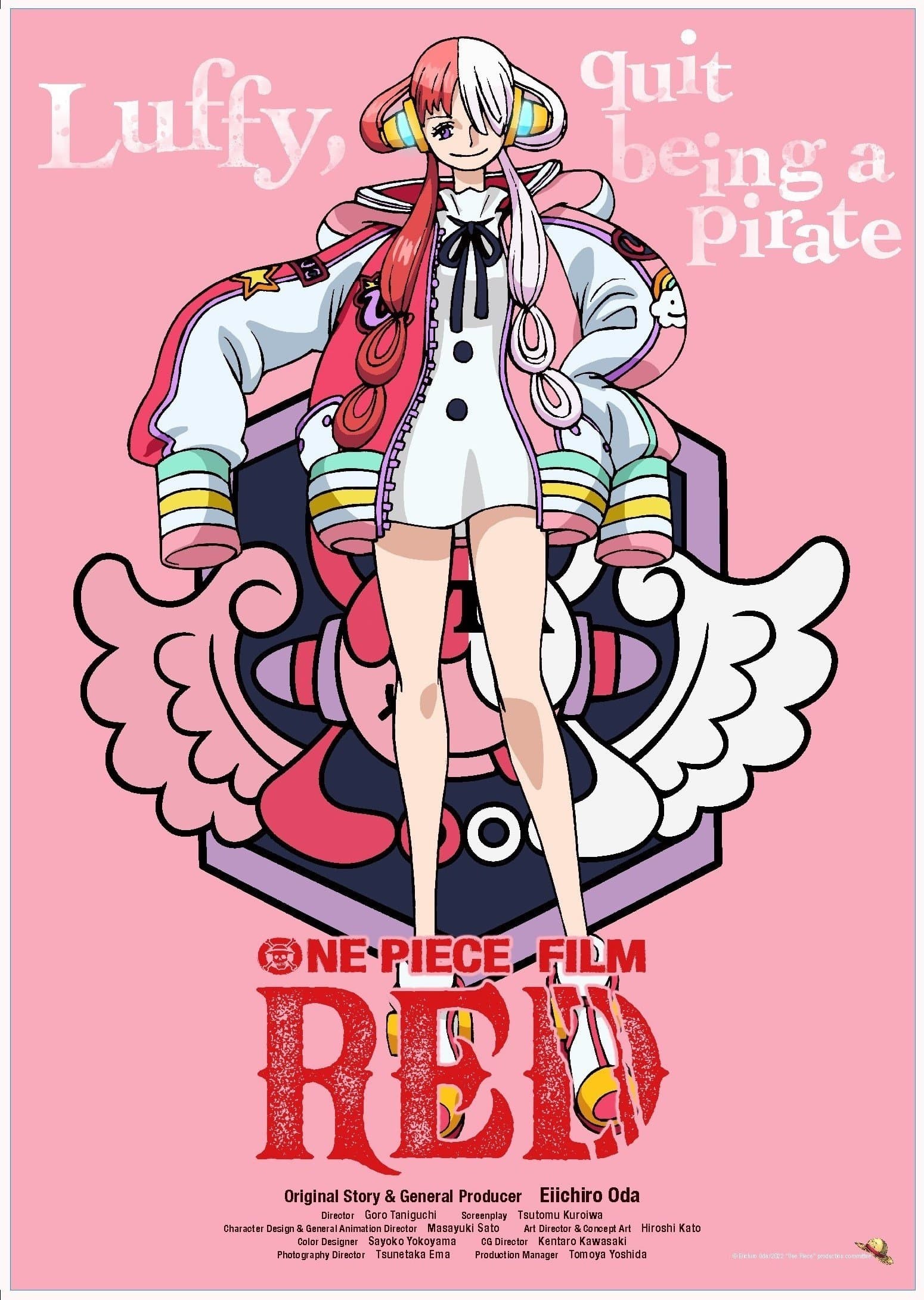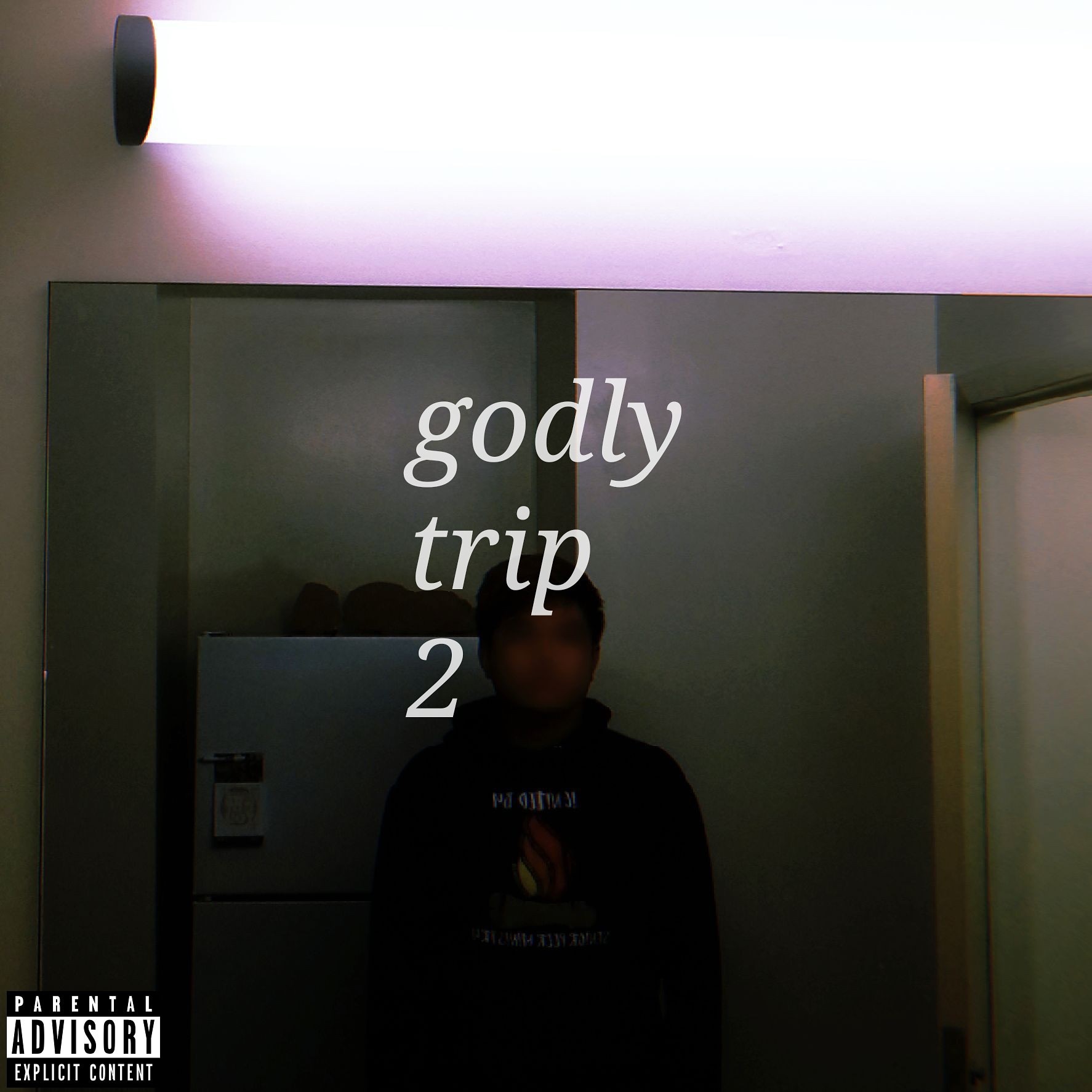By: Tommy “T-Rod” Rodriguez
A few weeks ago, I finally had the chance to watch One Piece Film: Red the latest of the theatrical run of One Piece movies. Much like the franchise’s manga and anime, Film: Red seems to have won over most audiences with its heartwarming story, exciting and creative action, and killer soundtrack…but I think there’s a lot more under this movie’s hood. Yes, this movie is about family, adventure and friendship, but it’s also a movie that specifically critiques the idolization of artists, whether their music represents an escape or a perfect solution to the world’s problems.
And all of this is done through the film’s central character, the pop idol Uta. Let me explain.
Setting the stage for this film’s main theme, the film’s introduction to the One Piece world is eerie. Many of the fans of Uta’s music are clearly exploited and oppressed, either by pirates or a corrupt government. Much like in our real world, the average person in the One Piece world finds a source of escapism through music; the medium can combat feelings like hopelessness or fear through idealized melodies or lyrics. The film’s early songs represent this idealism, with Uta effortlessly subduing hecklers in the crowd with her music powers, onlookers cheering and shouting for Uta to change the world. In the same way that the film’s music becomes more dark and twisted, however, so does the tone of the film.
The source of this darkness is the fact that the world peace Uta and her fans want isn’t that simple. History has shown that heroes in music are not gods. An album like Kendrick Lamar’s Mr. Morale & The Big Steppers directly confronts the savior complex that can develop from impossible expectations, showing how self-destructive it can be. This savior complex is something Uta clearly suffers from in this movie, constantly insisting that her music can “save” the world through a plan to trap everyone in an alternate reality full of music, food and bright colors (One Piece is wild). Of course, while her fans are trapped in this reality, the rest of the world keeps on moving. In a world as complex as ours or even One Piece’s, one singular artist can’t really stop all violence or problems, especially when they’re systematic or borne from human nature. The film confirms this by showing the One Piece world’s most destructive entity, the World Government, continuing its operations by trying to capture Uta. The world peace that Uta clearly hopes for is not easily obtained through performance or messaging, yet she and her fans maintain that hope.
And that false hope and desire to perform has been shown to psychologically affect some of history’s most famous stars. Whether it be depression, addiction, or internalized trauma, many idols can crumble under these societally and self-imposed issues. Uta herself exhibits many traits that are direct parallels to the pain musicians have experienced over the years. Her constant eating of Wake-Shrooms (a plant that makes consumers stay awake until they die) seems to be a reference to drug addiction; her use of it to trap her fans in her fantasy realm is just the tragic icing on the cake. The trauma she associates with her father, the pirate emperor Shanks, is a mental block that impacts her every decision and causes her to make irrational choices. Despite her clear stardom, Uta is shown to have grown up with no friends or support system, trained rigorously in her adolescence to become a star. Many child prodigies in popular music have been shown to carry scars from that same show-biz training later in life, especially in film and music.
But what does the film do with this negativity? Eiichiro Oda’s most popular characters come from places of trauma and sadness, and the use of these characters to pull Uta back from the brink is equal parts heartwarming and epic. Uta’s childhood family, Luffy and Shanks directly represent a return to happier, simple times; as they fight the manifestation of Uta’s pain, the movie emphasizes that true love and friendship, not idolization, is a way to heal. It’s genuinely beautiful to see Shanks protect his daughter from the government as they try to arrest her at the film’s end, as is Luffy swearing to break Uta free from her suffering. The film thrives on these quiet moments, making its explosive action scenes add to the catharsis of Uta finally breaking free from her guilt and her pain.
All in all, One Piece Film: Red is a great movie, loaded with colorful characters, impressive action, and an incredible soundtrack. This much is true, but I also think this film is a perfect commentary on how idolization can affect people. It’s driven by its writing (shoutout to Tsutomu Kuroiwa and Oda) and is a great example on how to both deliver a message and coat it in an exciting, engaging paint of coat. If you’re a One Piece fan or fan of films in general, you gotta check it out!



